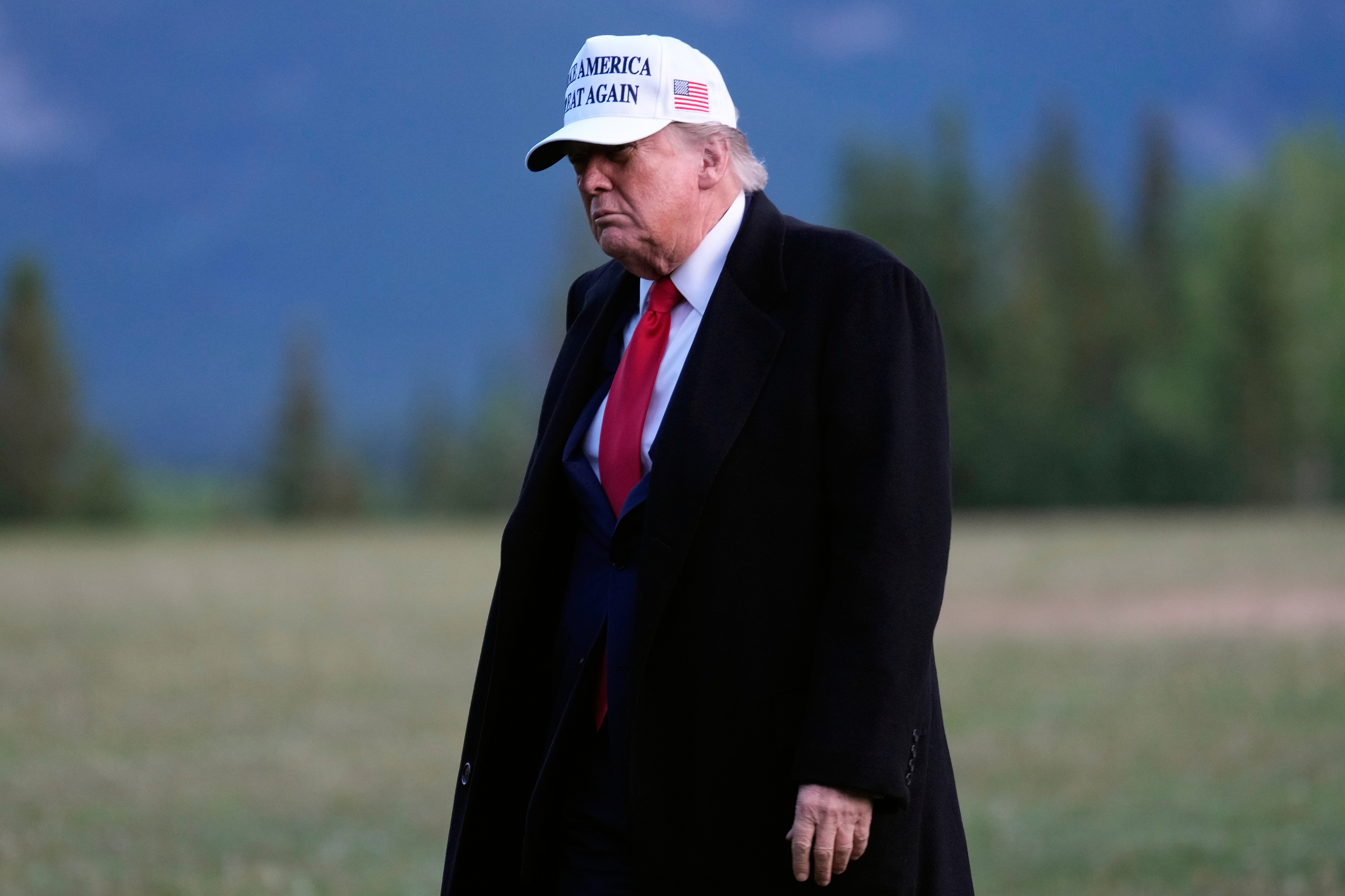According to The Wall Street Journal, Iran is reportedly seeking to initiate ceasefire talks with Israel through various Arab countries as intermediaries. Tehran has directly asked Saudi Arabia, Oman, and Qatar to use their ties with President Trump to demand that Israel cease hostilities.
Donald Trump attends the Kananaskis meeting in the Rocky Mountains with contradictory statements about the conflict. "Peace will come soon, and there are many calls and meetings between Israel and Iran," he wrote on social media, a day after warning that the war "will intensify."
Adding to the confusion, in statements to ABC, the American president stated that he is open to the possibility of Vladimir Putin acting as a mediator in the conflict between Israel and Iran (Putin and Erdogan jointly called for a "cessation of hostilities" on Monday). However, European allies plan to use the Canada summit to impose new sanctions on Russia for the unsuccessful ceasefire attempt in Kiev.
The President of the European Commission, Ursula von der Leyen, distanced herself at the G7 summit by shifting the focus away from Trump's trade war and calling for "avoiding protectionism." Von der Leyen also stated that she spoke with Netanyahu on Sunday, reminding him that "diplomacy is the best long-term solution."
A day after his visit to Greenland to express "European solidarity" against Trump's annexation threats, Emmanuel Macron has tried to orchestrate a common European action for "de-escalation" between Israel and Iran in Kananaskis. His experience in G7 meetings has made him the reference point for newcomers like British Prime Minister Keir Starmer, German Chancellor Friedrich Merz, and Canadian Prime Minister Mark Carney (all in power for less than a year).
Macron himself has shown contradictory gestures towards Israel in recent hours, stating on one hand his willingness to participate in its defense and emphasizing days later that there has been no French support for Iran's attacks. "Iranian nuclear proliferation poses a threat to Israel and to ourselves," declared the French president on Sunday, stating that "the destabilization of the region falls on Iran."
Macron, accused by Benjamin Netanyahu of "leading a crusade against the Jewish state" (for his delayed willingness to recognize the state of Palestine), provoked a new condemnation from the Israeli government on Monday, this time for preventing Netanyahu's defense industry exhibitors from showcasing their material at the International Aeronautics and Space Show in Le Bourget.
All eyes are now on Canadian host Mark Carney in Kananaskis, making his debut in an international forum three months after succeeding Justin Trudeau as leader of the Liberal Party and six weeks after his electoral victory. The former Governor of the Bank of Canada and the Bank of England faces the challenging task of strengthening ties with Europe and not upsetting his irascible neighbor, who descended from Air Force One wearing a baseball cap with the inscription Make American Great Again, as a unilateral declaration of intentions.
Carney treated Trump to a tour of the Kananaskis Country Club golf course, with the majestic Rocky Mountains in the background, and planned a bilateral meeting before joining the other leaders. The trade war was supposed to be the main focus of the summit until the Israel-Iran conflict forced a last-minute agenda change. In another attempt to please Trump, Carney will address other issues considered a priority by the U.S. president, such as rare earths, immigration, and the fight against drug trafficking.
